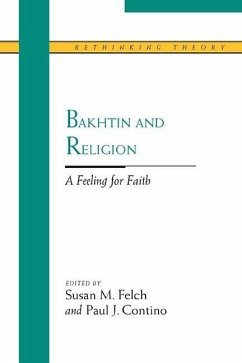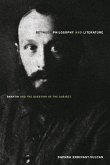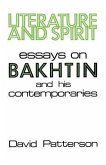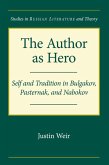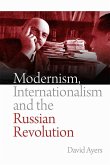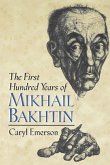Among the interpretations of the work of Mikhail Bakhtin, none has been as fiercely contested -- or as willfully ignored -- as the dimension of religion in his life and work. Unique in its in-depth focus on this topic, Bakhtin and Religion brings together leading British, American, and Russian scholars to investigate the role of religious thought in shaping and framing Bakhtin's writings. Bakhtin was careful to distinguish between faith, which he identified as an abstract codification of a belief system, and a feeling for faith, which involves the active participation of persons, both human and divine. It is this "feeling" that the contributing authors pursue through Bakhtin's texts, in discussions of the mind-body problem, apophatic or negative theology, the thought-versus-language distinction, and the practice of inner prayer. The essays focus not only on the references to religion in Bakhtin's work but also on some of his early lectures (included in an appendix to this volume). Addressing topics ranging from the idea of love in Bakhtin's secular and religious thought to the religious component of Bakhtin's theory of laughter, the essays comprise a valuable overview of Bakhtin's attitude toward religion in general and Russian Orthodoxy in particular. They also explore how Bakhtin's religious ideas informed his linguistic and aesthetic theories.

